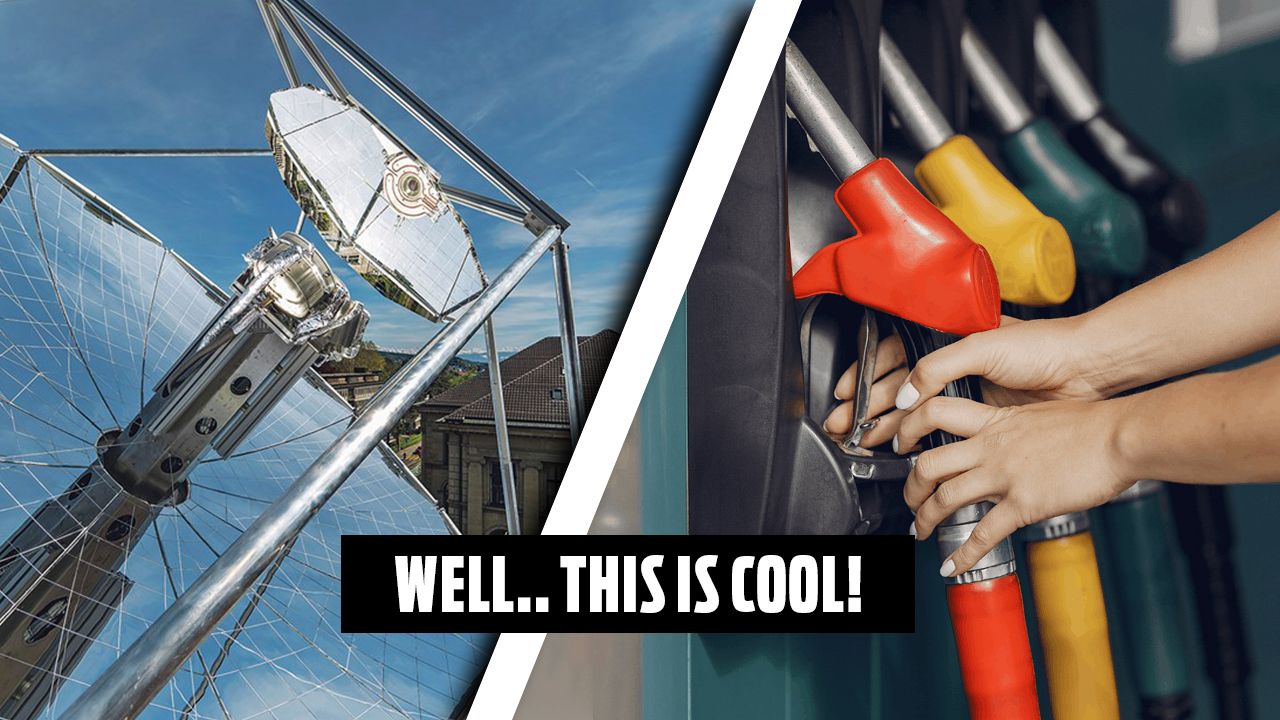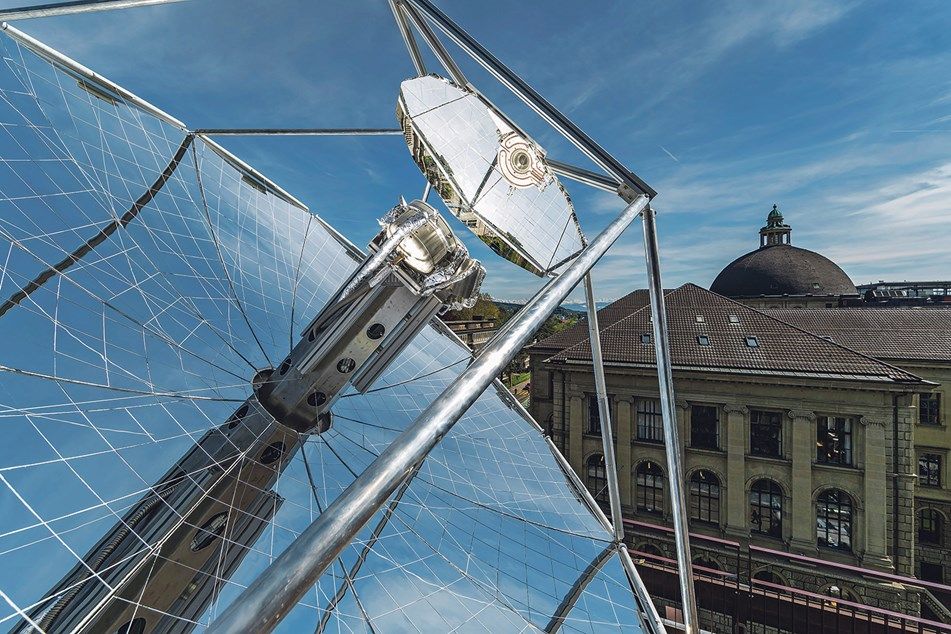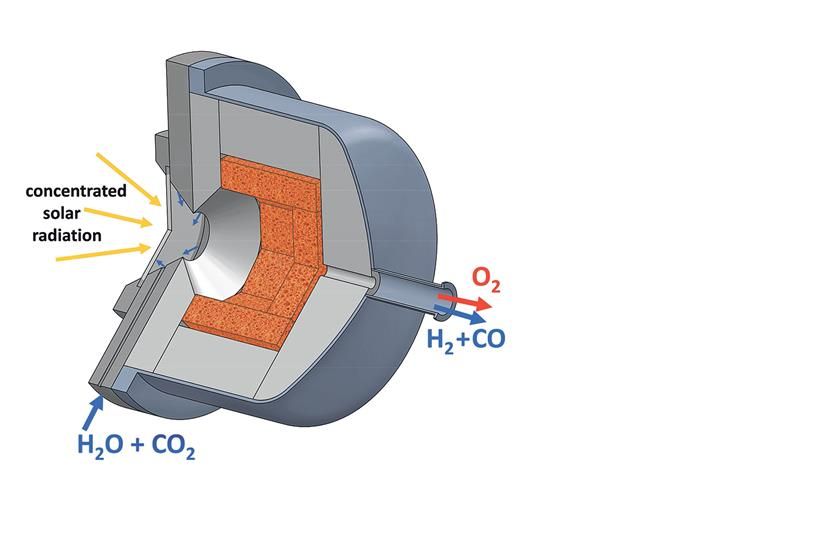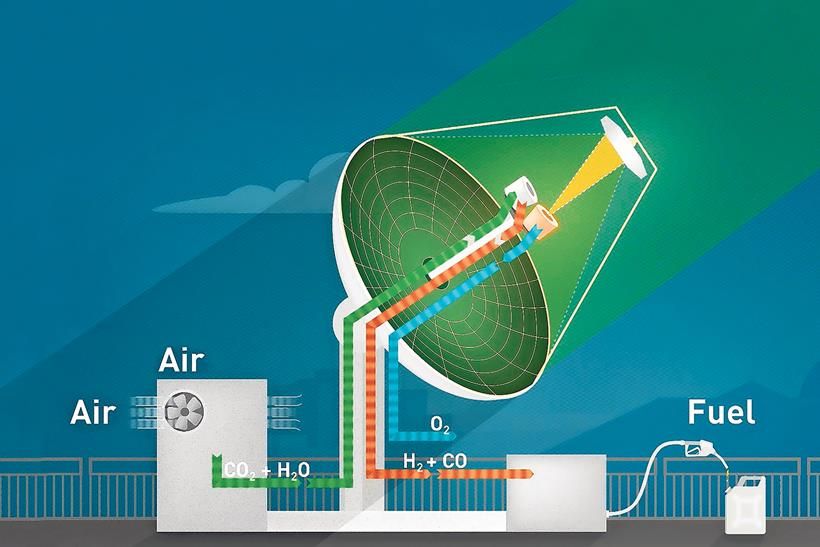The search for alternative fuels to carbon-based products is throwing up some interesting ideas, not all of which are pie-in-the-sky.
Fuel From Fresh Air and Sunlight: Is That possible?
The announcements by governments the world over telling us that petrol and diesel will be phased out in the next ten to fifteen years has accelerated the development of alternative fuels but none are quite a remarkable as the latest ideas coming out of Switzerland.
A project in that country has developed a synthetic gas from nothing but fresh air and sunlight. At the ETH Zurich research university, a miniature solar refinery sits on the roof which produces hydrocarbon fuel.
The process takes hydrogen from the moisture in the atmosphere and carbon rom CO2. Whilst this is not a new idea, the difference with the Swiss method is that, rather than making use of huge amounts of electricity to remove the hydrogen and carbon, it uses sunlight as a part of the process, thus vastly reducing the electricity requirements.
First, CO2 and water is extracted from the air and fed into a reactor. Sunlight is reflected from a parabolic mirror to a reflector that directs the beam onto a solar reactor, heating it to 1500°C. This forces the oxygen out and into the atmosphere, leaving a mixture of hydrogen and carbon monoxide. The resulting synthetic gas can be used as a basis for a variety of fuels.
The final stage takes the gas and converts it into liquid methanol. This could then be used to make gasoline or kerosene. The clever bit is that it is carbon neutral, releasing only as much CO2 as was used to make it.
At the moment, the amounts of syngas produced are minute but at least the process is being proven. Calculations suggest that, in order to produce enough fuel for the aviation industry, which currently burns 414 billion litres of kerosene a year, a plant covering 45,000 sq.km would be needed. If it was placed in a desert (lots of sun...!), such as the Sahara, that area is only 0.5% of the total area of the Sahara!
And it needn't be expensive. The scientists involved in the project claim that if solar fuels could account for 10-15% of the market, the cost could be competitive with that of fossil fuels.
The imminent demise of petrol in our everyday lives is acting as a huge catalyst for the development of alternative fuels. Perhaps we won't need to get rid of our beloved gas-guzzling motorbikes just yet.




